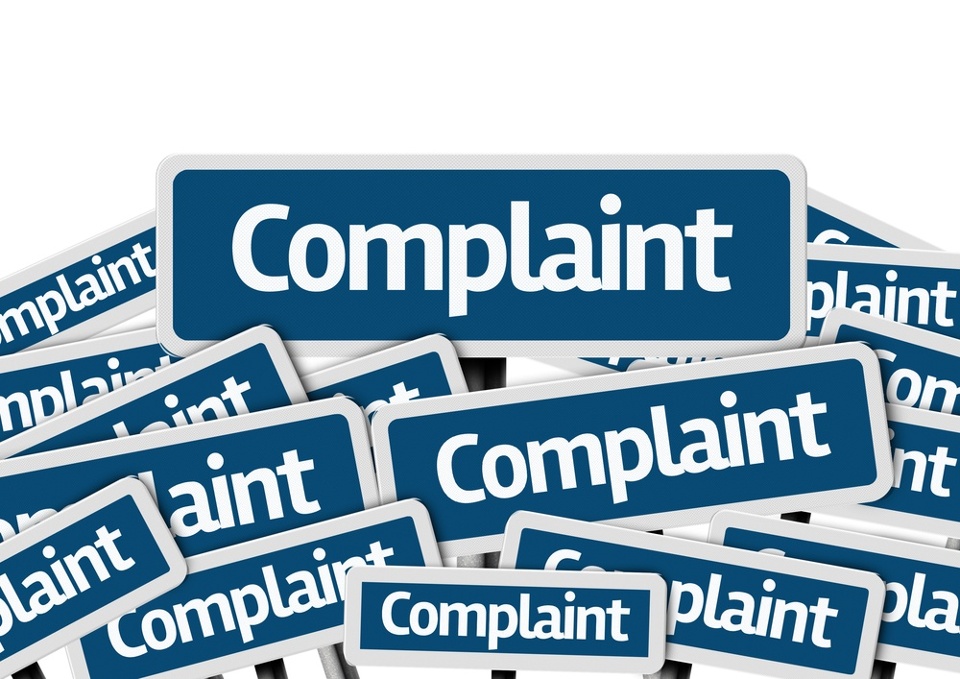Customer complaints are golden opportunities to get feedback about your business, improve client relationships, and even develop brand advocates.
When you are the one talking with customers each and every day, complaints are the last thing you want to hear. By the time a customer comes to complain, chances are, they have already tried solving the issue themselves and now have a layered amount of frustration laced in with the issue itself. However, as a business, complaints are nothing to complain about. If you know what makes a customer unhappy, you have a chance to fix it and keep them coming back.
The trouble is, if you don’t have the right processes, resources and strategies in place to deal with complaints, they could become cancerous to your business and your brand. To make sure this doesn’t happen to you, try out a few of these fast and effective ways to professionally handle customer complaints.
Effective Tips for Handling Complaints from Customers
Act Quickly- Half of all customers will end their relationship with a business after waiting more than a week to hear back when they send or a leave a complaint. If you are a small team that wears multiple hats, or are simply not equipped with a robust customer service department capable of handling the intake and management of customer support inquiries, then a highly effective and affordable solution would be to hire a professional answering service. Businesses that partner with Acena as their call center solution receive a full set of support services backed by a team of experienced agents who will act as an extension of your company. Representatives use a customized script to support callers with well-articulated responses to common questions or troubleshooting situations. Every call is detailed and logged to a secure online portal where businesses can manage their account and any open support tickets. If an issue needs to be escalated, agents can also patch calls through to the appropriate people so your callers are always in the most capable hands.
Be Ready To Support The Customer- When a complaint comes up, if possible, make sure that the customer feels satisfied you addressed the issue before ending the interaction. A customer service expert found in a survey that 67 percent of people said resolving an issue with one interaction would make them much more likely to continue their relationship with a business. This means whoever is answering your calls needs to have access to a broad set of data to be able to support your callers and provide fast and effective answers to their questions. Taxing your internal team that would otherwise be completing mission critical projects is not only a poor use of their time, but it is also likely to be much less effective than assigning a dedicated resource to support all inbound inquiries.
Earn Another Chance- Some complaints just can’t be resolved. If someone needs an order by a certain date and something went wrong with the shipment and it never left, there is no way to go back in time and correct the mistake. However, simply responding to complaints can show the customer that your business cares about their satisfaction. More than half (58 percent) of customers, according to a Customer Service Barometer study, are willing to give businesses a second chance after a bad experience. Another study showed that when a business simply acknowledges and responds to a negative comment or complaint, at least 46 percent of people will come away with a positive feeling toward you.
Listen, Understand and be Friendly- Nearly three-quarters of respondents to a customer service study said that friendly customer service will create strong, positive feelings for a business. A complaint, however, requires more than friendly customer service. It takes restraint, too. About 60 percent of people say they’ve expressed anger to customer service agents. That can be a lot of heat to take when you are the one on the other end of the phone trying to be professional, stay calm and allow them to vent. Hiring a professional call answering service with highly trained and experienced agents is an effective way to ensure a steady hand to listen and potentially even turn things around when upset customers get emotional or personal. Not to mention the emotional burden taken off the shoulders of you and your team, allowing you each to focus on what you do best for the success of the business.
Negative Complaints Can Lead to Positive Results
The next time a customer calls unhappy about your product or service, consider using that as the perfect opportunity to practice some of the strategies listed above. Try to remember that complaints should be appreciated as valuable feedback that lets a company know when it is doing something wrong. To some, that may just sound like the “silver lining of dealing with complaints.” But for those who learn to effectively manage complaints in a way that helps improve their business and their customer retention, the only thing silver will be lining is their bottom line.
More posts you might want to check out:
How to Deal with an Angry Customer Using the 5 A’s
3 Critical Things to Master For Effective Phone Conversations with Your Customers
What Happens When The Customer Is Wrong?

